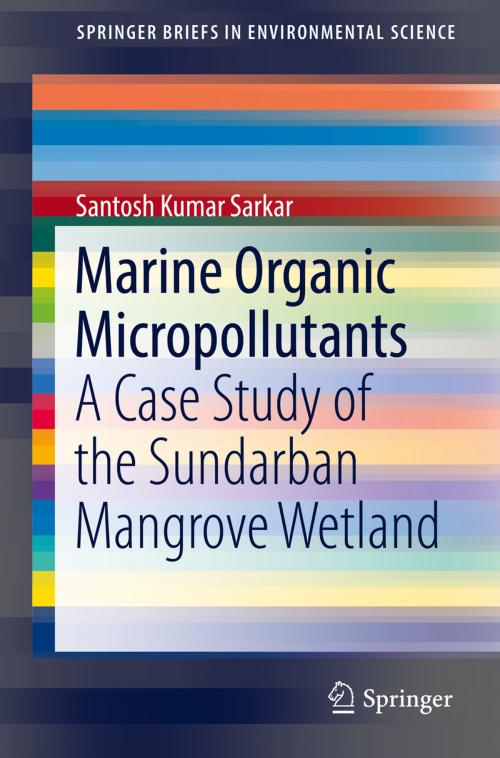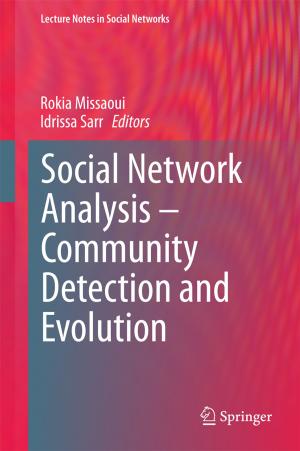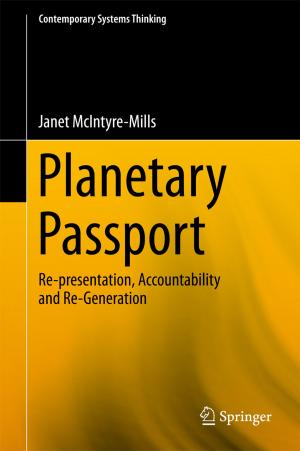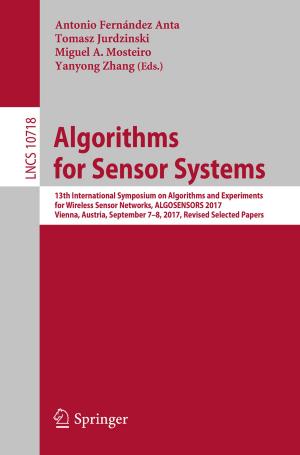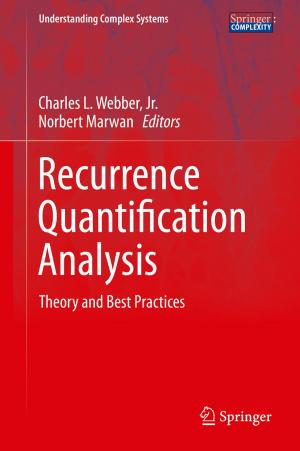Marine Organic Micropollutants
A Case Study of the Sundarban Mangrove Wetland
Nonfiction, Science & Nature, Science, Chemistry, Organic, Biological Sciences, Environmental Science, Technology| Author: | Santosh Kumar Sarkar | ISBN: | 9783319433011 |
| Publisher: | Springer International Publishing | Publication: | September 14, 2016 |
| Imprint: | Springer | Language: | English |
| Author: | Santosh Kumar Sarkar |
| ISBN: | 9783319433011 |
| Publisher: | Springer International Publishing |
| Publication: | September 14, 2016 |
| Imprint: | Springer |
| Language: | English |
The proposed book features a systematic and thorough treatment of the dominant persistent organic pollutants (POP's) encountered in the tropical marine environment of the Indian Sundarban mangrove wetlands, a UNESCO World Heritage Site. Chapters provide a comprehensive and realistic account of the world’s most hazardous organic compounds. Readers will discover a detailed account of the characteristics, potential point and non-point sources, analytical techniques and the ecotoxicological relevance of selected POPs, namely organochlorine pesticides, polychlorinated phenyls (PCBs), and polycyclic aromatic hydrocarbons (PAHs). These pollutants are of considerable interest because their exposure could cause immunologic, teratogenic and neurological problems in humans and other living beings. The book is intended to serve as a reliable and up-to-date reference source for students, teachers and researchers engaged in the field of chemical oceanography, ecotoxicology and pollution management.
The proposed book features a systematic and thorough treatment of the dominant persistent organic pollutants (POP's) encountered in the tropical marine environment of the Indian Sundarban mangrove wetlands, a UNESCO World Heritage Site. Chapters provide a comprehensive and realistic account of the world’s most hazardous organic compounds. Readers will discover a detailed account of the characteristics, potential point and non-point sources, analytical techniques and the ecotoxicological relevance of selected POPs, namely organochlorine pesticides, polychlorinated phenyls (PCBs), and polycyclic aromatic hydrocarbons (PAHs). These pollutants are of considerable interest because their exposure could cause immunologic, teratogenic and neurological problems in humans and other living beings. The book is intended to serve as a reliable and up-to-date reference source for students, teachers and researchers engaged in the field of chemical oceanography, ecotoxicology and pollution management.
